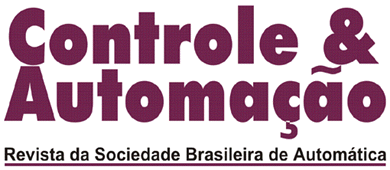Solving the problem of pose determination is a fundamental issue for incorporating the autonomy concept in mobile robots. However, due to the inaccurate nature of movement, localization is not possible if based solely on odometry. Information from other sensor readings must be extracted in such a way that intrinsic errors from action execution can be compensated for. In this context, Monte Carlo Localization estimates and updates pose (based on previously designed sensor and actuator models) by using a set of particles that define possible states the robot can occupy in its working environment, associated to a belief that indicates how close these particles are from the real robot localization. However, sensor model design is a complex task, and hard to be done by non-automatic techniques. The key idea in this paper is to train artificial neural networks for automatically extracting feature maps that simplifies the sensorial model, using a Bayesian method (BaLL - Bayesian Landmark Learning) from sensor data. This work describes an implementation, using as a base the Aria platform to simulate a mobile robot whose external sensors are sonars. Results show the suitability of the method and its applicability for automatic feature map extraction from sonar readings.
Sensor models; Mobile robot localization; Machine learning























































